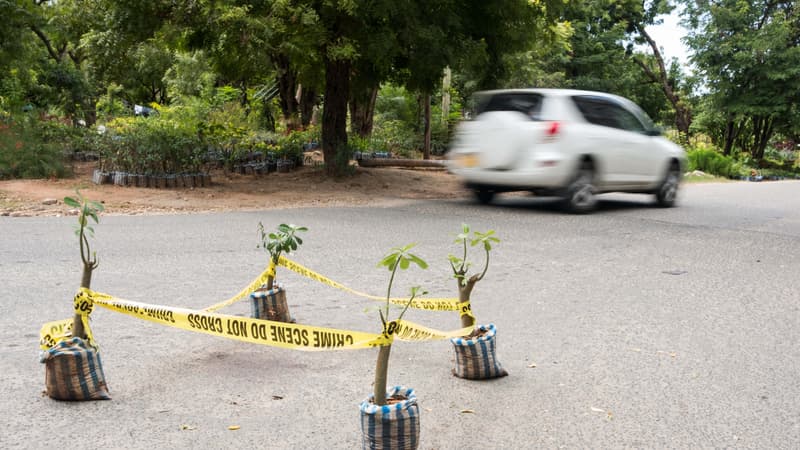Eleven people were sentenced to death by a Tanzanian court on Friday for the August 2017 murder in the East African country of Wayne Lotter, a well-known environmental defender. Wayne Lotter, a 51-year-old South African who lived and worked in Tanzania, where he was fighting elephant poaching, was shot dead in the economic capital Dar es Salaam. The precise motivations of the authors have not been established, but his colleagues believe that Wayne Lotter paid with his life for his fight to protect the elephants.
During her reading of the sentence, Judge Laila Mgonya said the trial “proved beyond a reasonable doubt” the charges against the 11 defendants, including two Burundians. “Some of the suspects, in their statements recorded by the police, confessed to having participated in the preparation meetings and in the murder,” she stressed in particular, adding that 32 witnesses had also supported the accusations. “The evidence provided was strong enough to convict them,” she said.
Specialized units to deal with poaching
Death sentences are not uncommon in Tanzania, but are usually commuted to life imprisonment. The last execution dates from 1994. Up to 22 people have been accused of having organized or carried out the murder of Lotter, co-founder of the Tanzanian branch of the foundation for the conservation of nature Pams (Protected Area Management Solutions). The prosecution had dropped charges against four people and the court had released seven others in previous sessions.
Tanzania is one of the countries with the largest population of elephants on the African continent. It is also one of the most affected by poaching. According to official data, the population of pachyderms there decreased by 60% between 2009 and 2014. It then increased again, from 43,000 in 2014 to 60,000 in 2018, in particular due to the efforts of the authorities that created specialized units to fight against poaching.
Source: BFM TV


